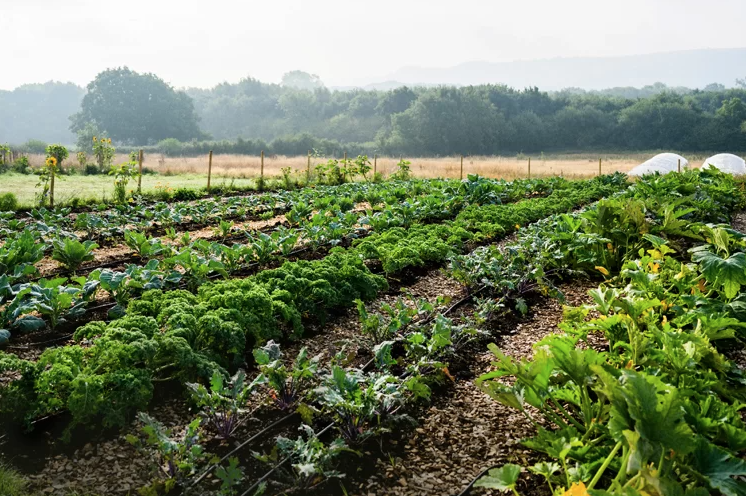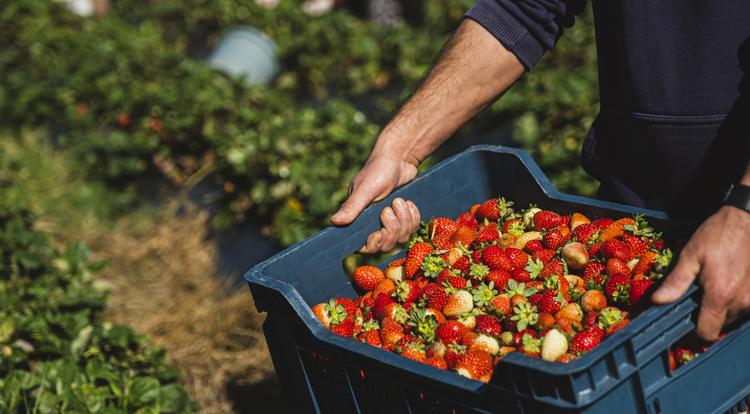Investing in Value Creation Through Regenerative Agriculture
by Mary Beth Gallagher, the Director of Engagement, Domini Impact Investments
The challenge is feeding 8.1 billion people within Earth’s planetary boundaries. Industrial agriculture practices emphasize maximizing yield and include carbon intensive processes and chemical fertilizers. These approaches, efficient though they may be, deplete the soil health and reduce biodiversity. The industry is also exploitative to workers and farmers, failing to provide economic sustainability and well-being. The food and agriculture industry contributes one third of global greenhouse gas emissions, and the agricultural supply chain has become increasingly vulnerable to the effects of climate change, including changing patterns of drought, precipitation, and extreme heat. A new approach to food production and agriculture is needed.
As investors, we have leverage points that we can influence to encourage the move away from the extractive and exploitative status quo, which has significant negative externalities, and transition to a more resilient system that can thrive over the long term. In 2018, we began a journey at Domini in adopting a system-level approach to our investments. First was looking at Forests and now Agriculture.
Regenerative agriculture is a holistic approach designed for farmers to work in harmony with nature, while simultaneously maintaining and improving livelihoods. Regenerative agriculture practices, like using cover crops, diverse crop plantings and rotation, no-till farming, reducing pesticide use in favor of integrated pest management, and conserving water, are ways to help regenerate and repair the soil and ecosystems. These practices have the potential to deliver different types of benefits–for improved climate mitigation, increased resilience of crops to water stress or long-term productivity and soil health, and lower input costs or improved yields for farmers. This more holistic approach to agriculture is garnering a lot of enthusiasm and has been the focus of a growing number of corporate commitments. Currently 15 percent of global farmland is estimated to be cultivated using regenerative practices, so a lot more uptake is needed.
Read Mary Beth's engaging article here - https://greenmoney.com/investing-in-value-creation-through-regenerative-agriculture
=====




